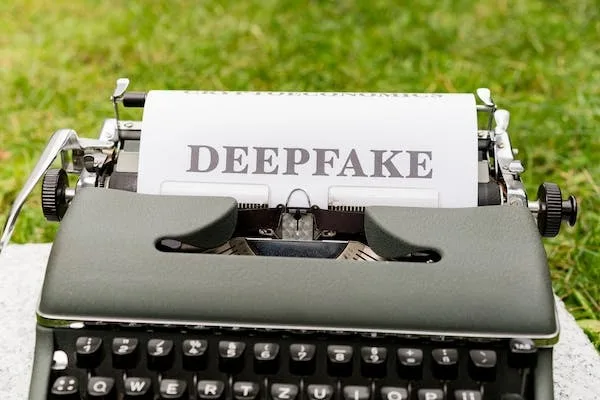In recent years, deepfake technology has become increasingly prevalent, raising questions about the ethics of media manipulation. This technology, which uses artificial intelligence to create realistic videos of people saying or doing things they never actually did, has the potential to greatly impact our society and the way we consume media.
Table of Contents
What is Deepfake Technology?
Deepfake technology uses machine learning algorithms to manipulate videos and images, creating realistic and often convincing fake content. This technology has been used to create fake news stories, manipulate political speeches, and even create fake celebrity pornographic videos. With the advancement of this technology, it has become increasingly difficult to distinguish between what is real and what is fake.
The Ethics of Deepfake Technology
The rise of deepfake technology has raised serious ethical concerns. With the ability to create fake videos and images that are nearly indistinguishable from reality, this technology has the potential to spread misinformation and manipulate public opinion. It also raises questions about the right to privacy and the potential for individuals to be falsely portrayed in compromising situations.
Key Incidents
The Viral Songs and the Indian Prime Minister
Even high-profile figures like Indian Prime Minister Narendra Modi were not immune to the deepfake wave. Viral songs purportedly sung by him became a rage on social media, showcasing the widespread reach and impact of deepfake technology.
Risks to Democracy and Global Harmony
Deepfakes pose a serious threat to democracy, global harmony, and personal privacy. The ability to manipulate audio and visuals can lead to fraudulent activities and cause significant disruptions in the overall functioning of the world.
Bollywood Entangled in Deepfake Controversies
The Bollywood film industry found itself entangled in deepfake controversies, with actresses like Rashmika Mandanna, Alia Bhatt, Kajol, Aishwarya Rai, and Katrina Kaif becoming victims. These incidents raised alarms regarding the violation of privacy in the entertainment world.
Geopolitical Impact
The influence of deepfakes extended beyond entertainment and privacy concerns, affecting geopolitical dynamics. Russian entities disseminated deepfakes involving Ukraine’s top general, impacting regional conflicts and even influencing political events in Argentina and India.
India’s Response
Prime Minister Narendra Modi sounded a cautionary note, advocating for a global framework regulating artificial intelligence. The Indian government is actively devising legislation to address the deepfake predicament and ensure the safety of its citizens.
The Deepfake Landscape
AIEnsured’s Perspective
Dr. Srinivas Padmanabhuni, Cofounder and CTO at AIEnsured, emphasized the risks associated with AI-generated deepfakes. He highlighted the importance of detecting and mitigating risks posed by both AI-generated deepfakes and manually manipulated shallow fakes.
State of Deepfakes (2023)
The use of affordable AI tools led to a significant increase in deepfake videos, rising more than fivefold since 2019. An alarming 98% of all deepfake videos contain explicit content, with 99% of them targeting women. This troubling trend demands urgent attention.
Combating Deepfakes
Call for Regulation
In response to the deepfake menace, there is a growing consensus on the need for strict laws. Dr. Padmanabhuni suggested that alongside regulations, there should be a massive evangelization campaign to raise awareness of deepfake threats.
Detection Software
To combat the surge in deepfakes, the government should invest in detection software. Dr. Padmanabhuni proposed that free distribution of such software would significantly contribute to mitigating the risks associated with deepfake technology.
Conclusion
The deepfake onslaught of 2023 has left an indelible mark on various aspects of society, from entertainment to politics. As technology advances, it is crucial for governments, organizations, and individuals to collaborate in regulating and addressing the risks posed by deepfake technology.
FAQs
How can individuals protect themselves from deepfake threats?
Stay vigilant, be cautious of online content, and consider using reputable deepfake detection tools.
What role does AI play in combating deepfakes?
AI is both a source of deepfake creation and a solution. AI-driven detection tools are essential in identifying and mitigating deepfake risks.
Are there specific industries more vulnerable to deepfake attacks?
Yes, industries like entertainment, politics, and finance are particularly vulnerable due to the potential impact on public perception and financial transactions.
How can governments regulate deepfake technology effectively?
Governments should enact strict laws, invest in detection technology, and educate the public about deepfake risks.
What steps should be taken to address deepfake incidents involving public figures?
Prompt legal actions, public awareness campaigns, and collaborations between tech companies and governments are crucial in addressing deepfake incidents concerning public figures.
You can refer here for additional information on Deepfake
For more Science and Technology related articles do follow here.
